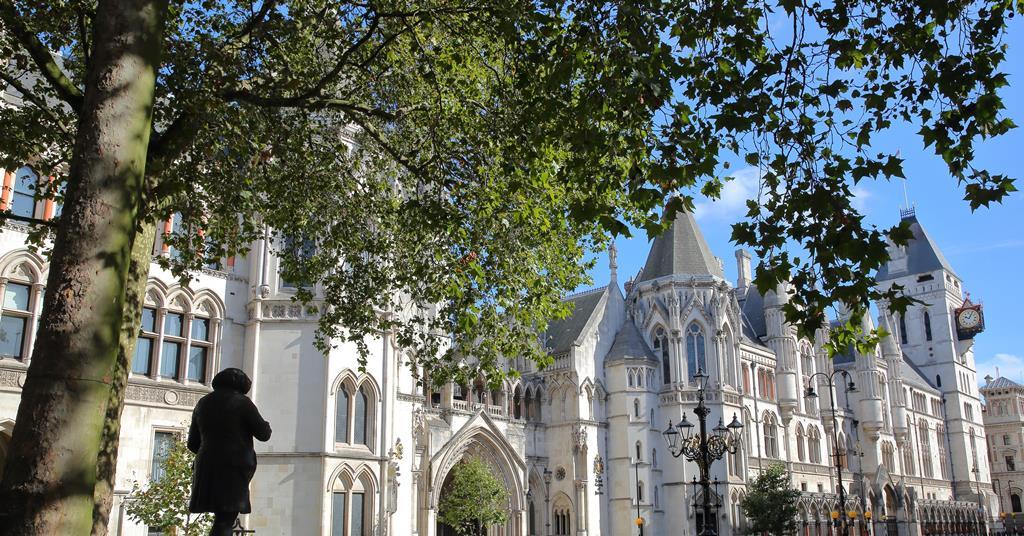A Court of Appeal ruling that the National Crime Agency misdirected itself in law when it chose not to investigate whether imported cotton goods were the product of forced labour or other human rights abuses has been described as a ‘monumental victory’.
The judgment in World Uyghur Congress v National Crime Agency is said to be the first case in the world involving Uyghur forced labour.
After receiving a ‘substantial body of evidence’ from the World Uyghur Congress, the NCA said it could not investigate whether consignments of cotton goods imported from the Xinjiang Uyghur Autonomous Region of China (XUAR) were the product of forced labour or other human rights abuses.
The agency said an investigation could not begin until a ‘specific product’ was identified as criminal property. If ‘adequate consideration’ is paid for criminal property, its decision letter said, an exemption from liability under section 329(2)(c) of the Proceeds of Crime Act means it is ‘cleansed’ and free to be bought and sold without consequence.
World Uyghur Congress challenged the NCA’s decision in a judicial review but lost. The organisation, which represents the interest of the Uyghur people, appealed against the High Court ruling, arguing that the judge had ‘correctly identified the nature of its challenge [but] failed to address the substance of it’.
Allowing the appeal and quashing the NCA’s decision, Lady Chief Justice Baroness Carr, Lord Justice Bean and Lady Justice Andrews, said: ‘The judge appeared to accept a submission on behalf of the NCA that “where the importer is paying market value for the purchased goods they would not be tainted as a result of the operation of [section 329].” That proposition is wrong in law.’
It added that section 329(2)(c) of POCA is ‘not about bona fide purchasers, and it has no impact on the status of the property’. It was accepted by counsel for the NCA that an investigation into proceeds of crime can commence before specific criminal property or recoverable property is identified.
The decision to investigate will now be remitted to the NCA for reconsideration.
Leanna Burnard, a lawyer for Global Legal Action Network, said the judgment makes it ‘clear companies must clean up their supply chains or risk prosecutions or having their goods confiscated as proceeds of crime’.
She added: ‘This really is a watershed moment for supply chains which are trading and profiting from forced labour and other crimes all around the world. This case will have massive consequences for UK companies that are importing and trading in forced labour goods. What this judgment confirms is that companies can now be prosecuted under the Proceeds of Crime Act for, effectively, money laundering or trading in criminal goods.
‘This is the first case in the world involving Uygur forced labour to successfully disrupt supply chains which are complicit in the ongoing genocide of Uyghur and other Turkic people.’
Alice Hardy, a partner at Bindmans, was instructed by World Uyghur Congress. She added: ‘It is fantastic that the Court of Appeal have recognised the need for an effective mechanism to investigate those crimes and confirmed that the National Crime Agency was wrong to take the view that a consignment of cotton must be identified as criminal proceeds before an investigation could commence was wrong.’
Rahima Mahmut, World Uyghur Congress UK director, described the judgment as a ‘monumental victory and a moral triumph’.

